T4K3.news
Life saved then lost prompts health action
Patricia Bartlett recalls how her husband saved her life from a perforated bowel, then died, inspiring a local defibrillator initiative.
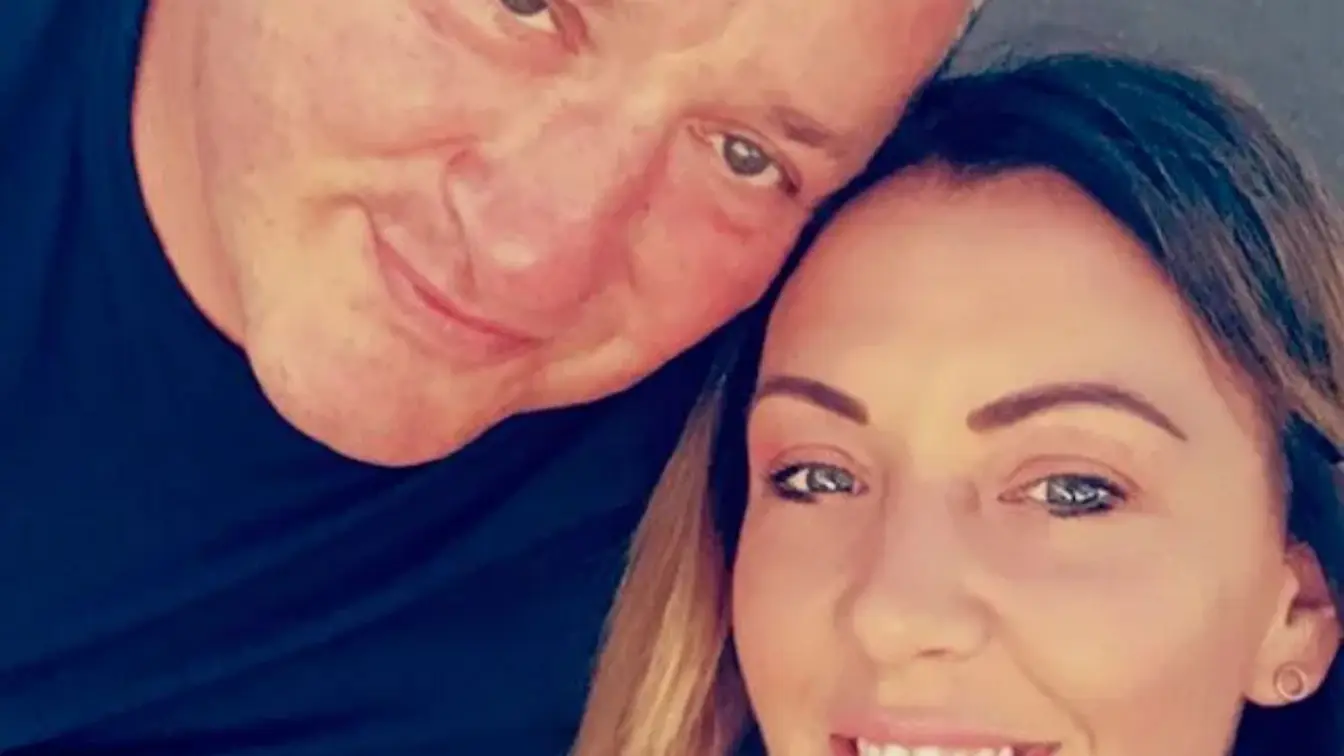
Patricia Bartlett describes how her husband saved her life during a bowel perforation, then died, fueling a defibrillator campaign.
Patricia Bartlett bears witness to a life saved and a husband lost
Patricia Bartlett explains that a tummy ache led to a perforated bowel and emergency surgery. Her husband Stuart rushed her to hospital, saved her life, and stayed by her side through recovery. Weeks later, while she was in hospital, he collapsed and died. A postmortem found ischemic heart disease and cardiac hypertrophy as the cause, and a defibrillator might have changed the outcome. In memory of Stuart, Patricia started Stuart’s Prevention Plan to fund local defibrillators and CPR training.
The couple built a life around small business deliveries and a close-knit community. After a long courtship that moved from Lanzarote to the UK, they married and created a shared future. The tragedy in March 2025 has left Patricia to navigate grief while turning personal loss into a public health effort that could save others.
Key Takeaways
"You are brave and strong, and I am proud of you"
Patricia recalls Stuart's words after his final act of care
"Get some rest, Kinnins"
Stuart's farewell nickname given by Patricia
"I love you too"
Patricia's response at the altar
This story shows how a caregiver’s quick action can mean life or death for a loved one and how tragedy can spark lasting community impact. It highlights the fragility of health, especially when symptoms are misread or delayed, and it points to a broader push for accessible emergency tools like defibrillators and CPR training. The narrative also invites reflection on the emotional toll families bear when medical crises intersect with business responsibilities and daily life.
Highlights
- You are brave and strong, and I am proud of you.
- Get some rest, Kinnins.
- I love you too.
A life story that ends in grief can still plant seeds for safer, healthier communities.
Enjoyed this? Let your friends know!
Related News

Mother fights to save her daughter from mental illness
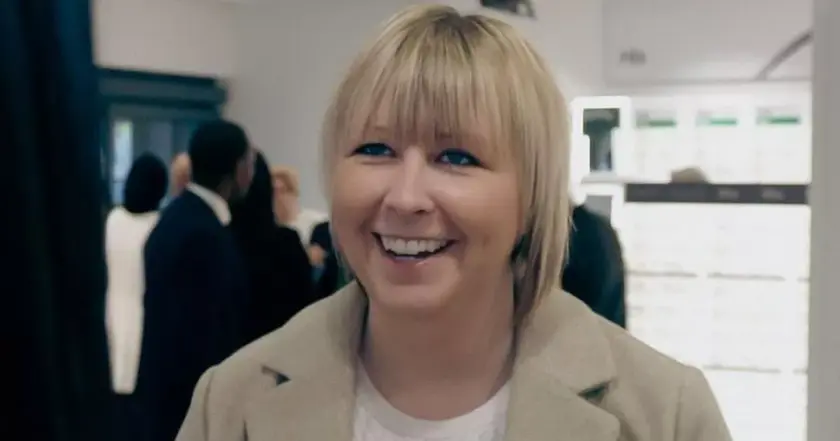
Optician saves woman from blindness in rare case
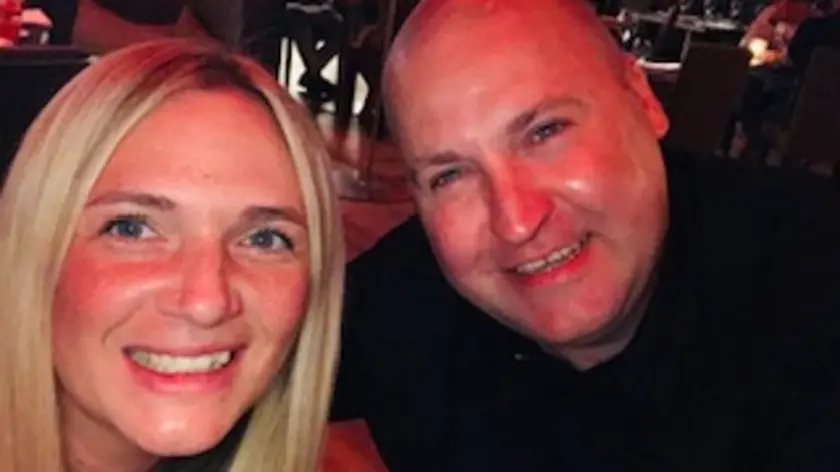
Vaccine injury spurs class action
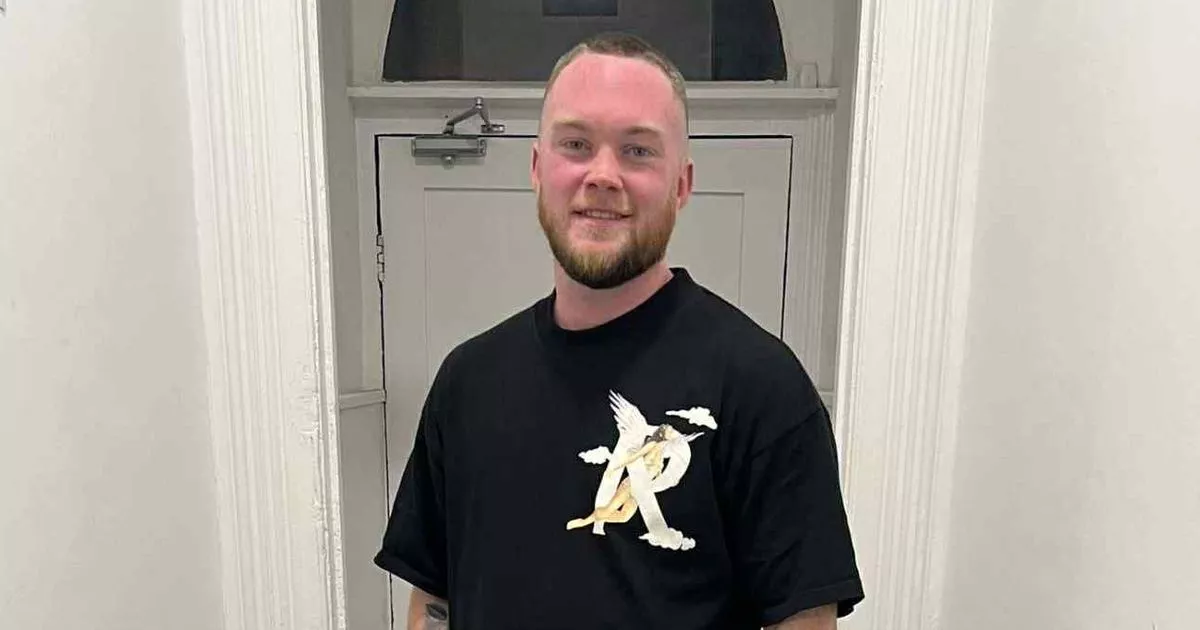
A young man nearly dies from sepsis after popping a spot

Report highlights food crisis impacts on children
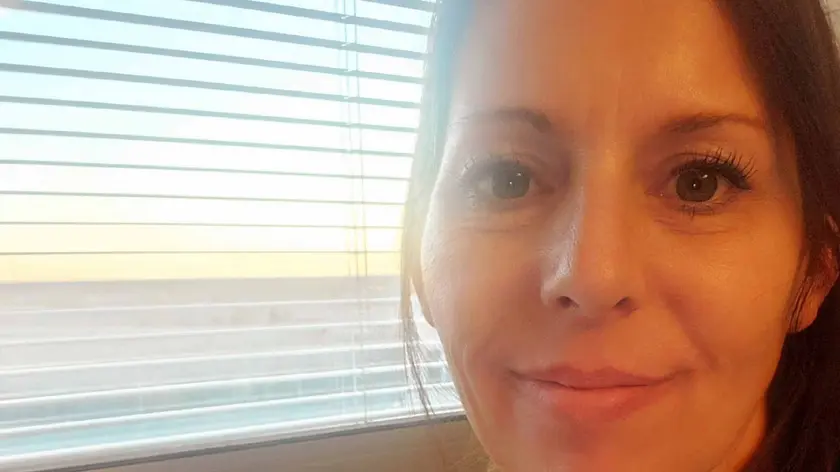
Mother recounts near-death experience after heart attack

Ranking Lex Luthor's Darkest Moments in Smallville
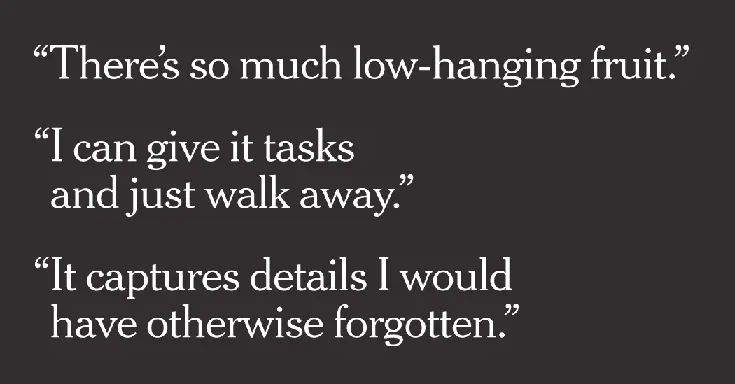
AI tools expand in workplaces
